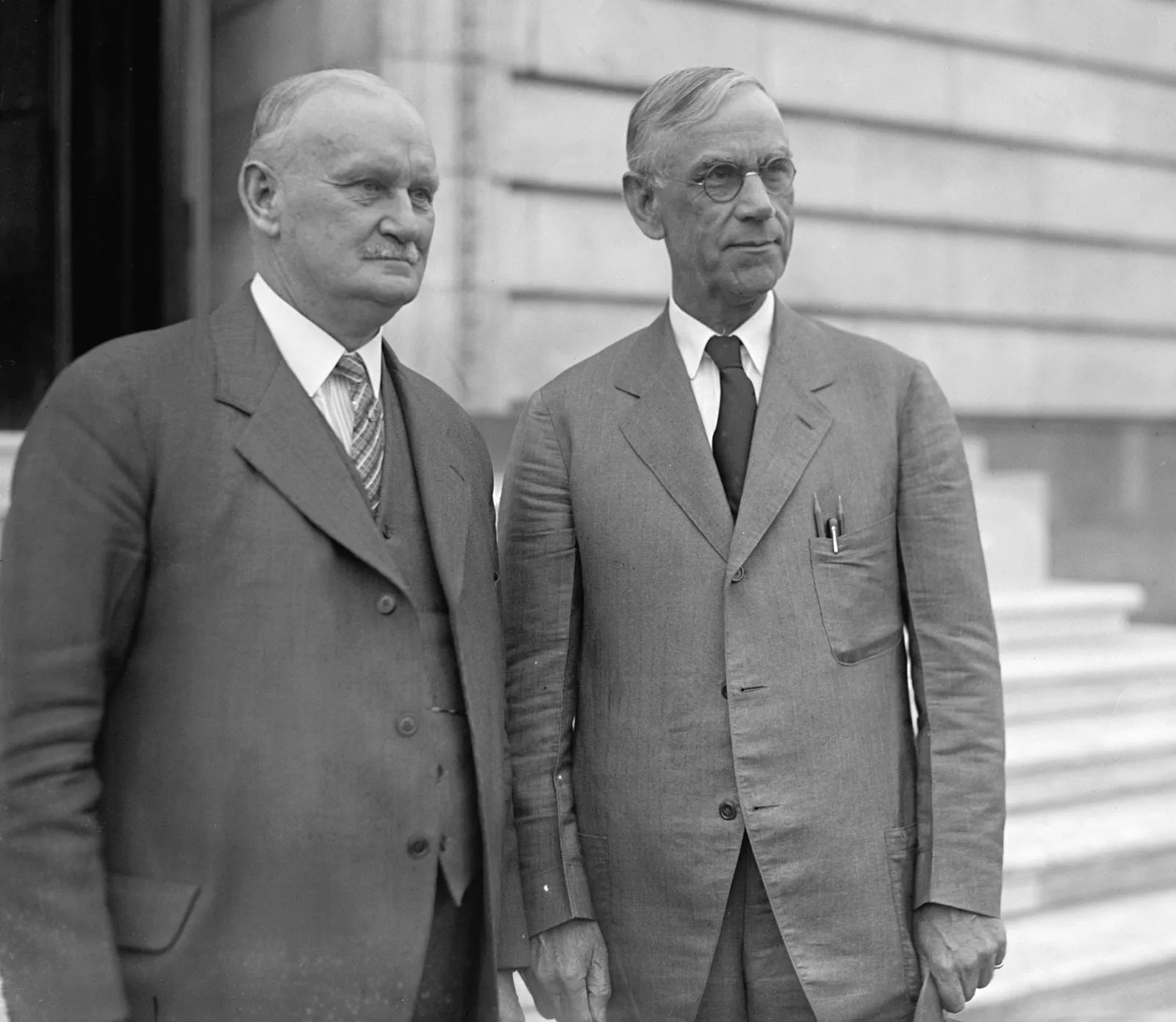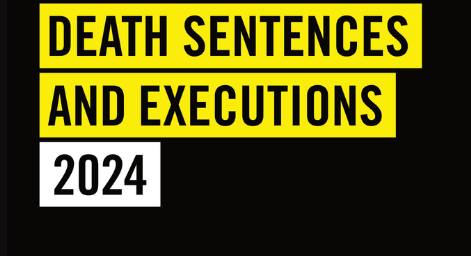
Through protecting American farmers and businesses using higher import tariffs the Smoot-Hawley Tariff Act of 1930 started worldwide commercial warfare which worsened the Great Depression. The enactment of the Smoot-Hawley Tariff Act produced deep economic problems which induced additional trade fees that decreased worldwide business transactions. Under the Reciprocal Trade Agreements Act of 1934 President Franklin D. Roosevelt removed tariff authority from Congress and granted it to his White House administration.
-
During his presidency Herbert Hoover instituted the Smoot-Hawley Tariff Act which became famous for wrecking protectionist policies through its disastrous implementation.
-
The legislative measure intended to protect farmers produced disastrous effects by leading to significant retaliation from principal trading countries in the international market.
-
The "beggar-thy-neighbor" policy led by this legislative measure decreased worldwide intercontinental trade while extending economic hardships throughout the globe.
What is Smoot-Hawley Tariff Act, 1930?
-
The Smoot-Hawley Tariff Act from 1930 protected American farmers and businesses using higher import taxes yet this protection triggered worldwide economic conflicts leading to increased severity of the Great Depression.
Origins and Purpose
-
The Hawley-Smoot Act came into existence through the sponsorship of Senator Reed Smoot together with Representative Willis Hawley with the main objective to defend US agriculture and industry by increasing import taxes.
-
The principal group intended to benefit from this legislation included farmers who faced rising debt combined with declining commodity values following World War I.
Implementation and Scope
-
The legislation elevated customs duties for 20,000 imported goods which represented approximately 25% of all US imports during that period.
-
The bill became law when Hoover approved it in June 1930 despite facing dissent from economists together with industry leadership.
Conclusion
Protectionist policy in the form of the Smoot-Hawley Tariff Act created devastating effects which highlight the negative results of trade barriers on both nations' economies and their international relations. The protective economic policy instead of protecting American markets resulted in international market chaos which aggravated the Great Depression. History proved the value of international trade collaboration through the final abolishment of the Smoot-Hawley Act as policies continue to influence modern economic policies. Excessive authoritarian tariff approaches disturb international market operations while obstructing economic growth because they fail to promote national progress.



 Blue Origin's First All-Women Crew Returns After Historic Space Launch
Blue Origin's First All-Women Crew Returns After Historic Space Launch Mauritius Becomes First African Nation to Sign ISA’s Country Partnership Framework 2025
Mauritius Becomes First African Nation to Sign ISA’s Country Partnership Framework 2025 Amnesty International's Death Sentences and Executions 2024
Amnesty International's Death Sentences and Executions 2024 De-Extinction of Dire Wolf: Scientists Revive Ancient Predator Using DNA
De-Extinction of Dire Wolf: Scientists Revive Ancient Predator Using DNA Dubai Crown Prince Visit Boosts India-UAE Strategic, Trade, and Education Ties
Dubai Crown Prince Visit Boosts India-UAE Strategic, Trade, and Education Ties Ottawa Convention on Anti-Personnel Mines: Strategic Shifts and Humanitarian Concerns
Ottawa Convention on Anti-Personnel Mines: Strategic Shifts and Humanitarian Concerns 6th BIMSTEC Summit: Advancing Regional Cooperation in the Bay of Bengal
6th BIMSTEC Summit: Advancing Regional Cooperation in the Bay of Bengal India-Sri Lanka Sign Historic Defense Pacts For The Future
India-Sri Lanka Sign Historic Defense Pacts For The Future India Urges BRICS to Back ‘Baku to Belem Roadmap’ for $1.3 Trillion Climate Finance
India Urges BRICS to Back ‘Baku to Belem Roadmap’ for $1.3 Trillion Climate Finance






